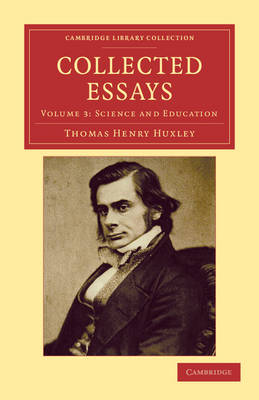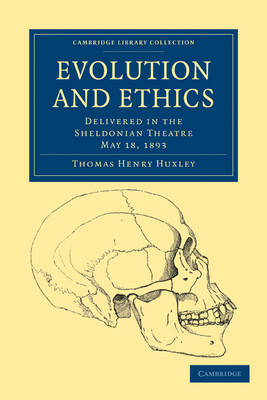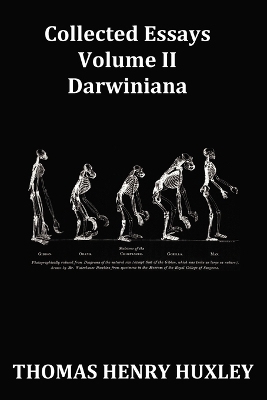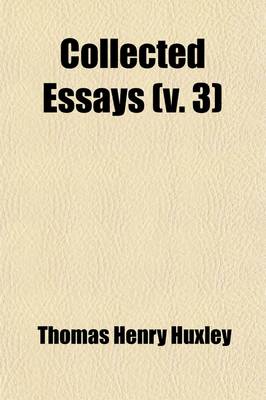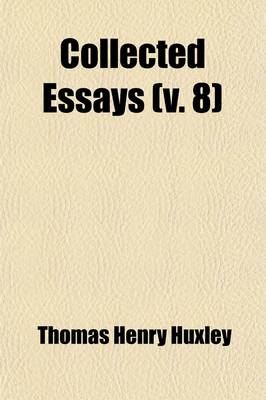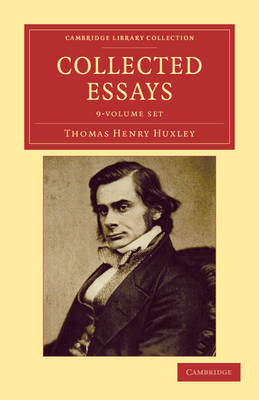Cambridge Library Collection - Philosophy
1 primary work • 12 total works
Volume 4
Collected Essays (Volume 8); Discourses, Biological and Geological
by Thomas Henry Huxley
Collected Essays: Volume 6, Hume: With Helps to the Study of Berkeley
by Thomas Henry Huxley
Collected Essays: Volume 7, 'Man's Place in Nature' and Other Essays
by Thomas Henry Huxley
Collected Essays: Volume 4, Science and the Hebrew Tradition
by Thomas Henry Huxley
Collected Essays: Volume 5, Science and the Christian Tradition
by Thomas Henry Huxley
